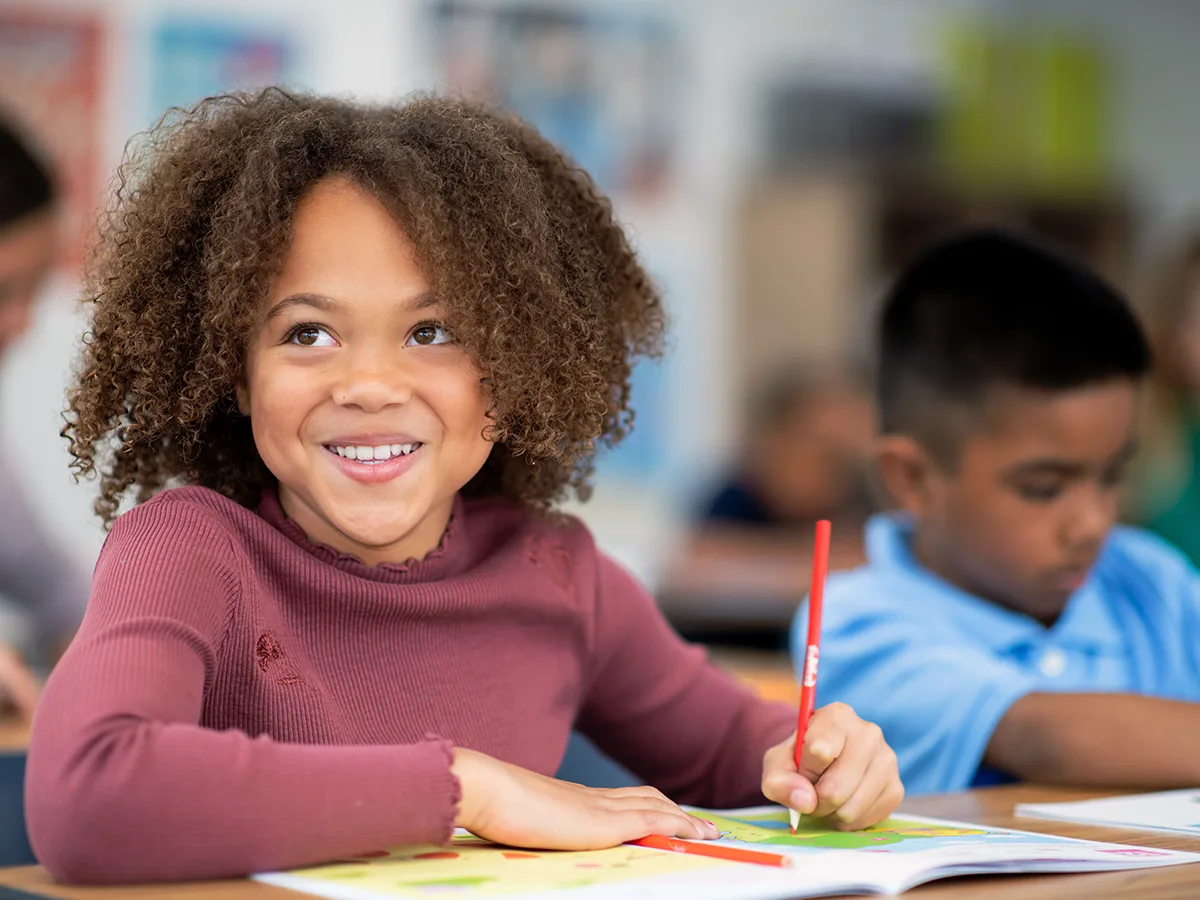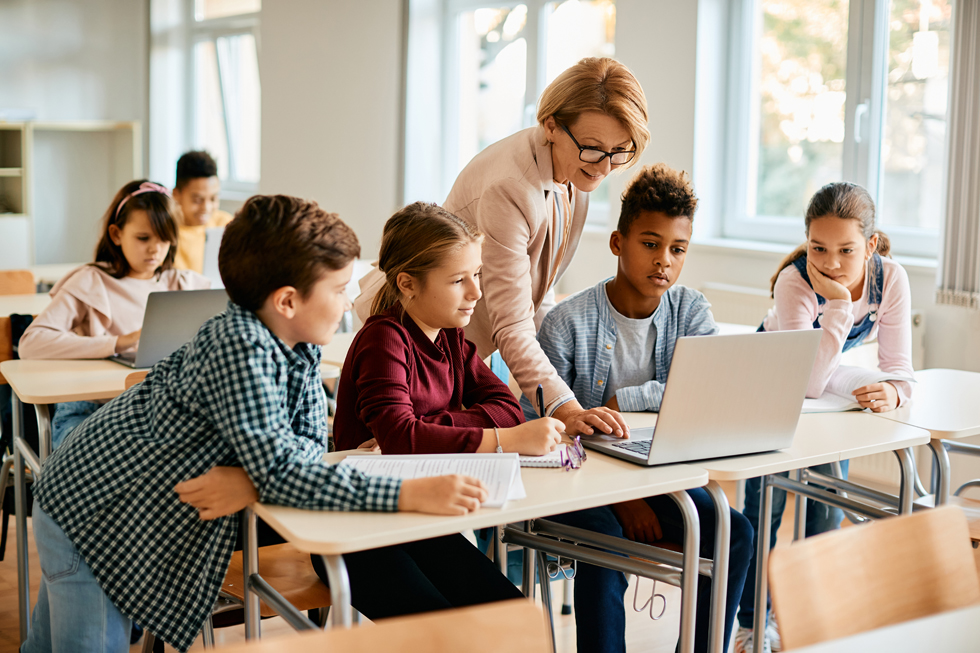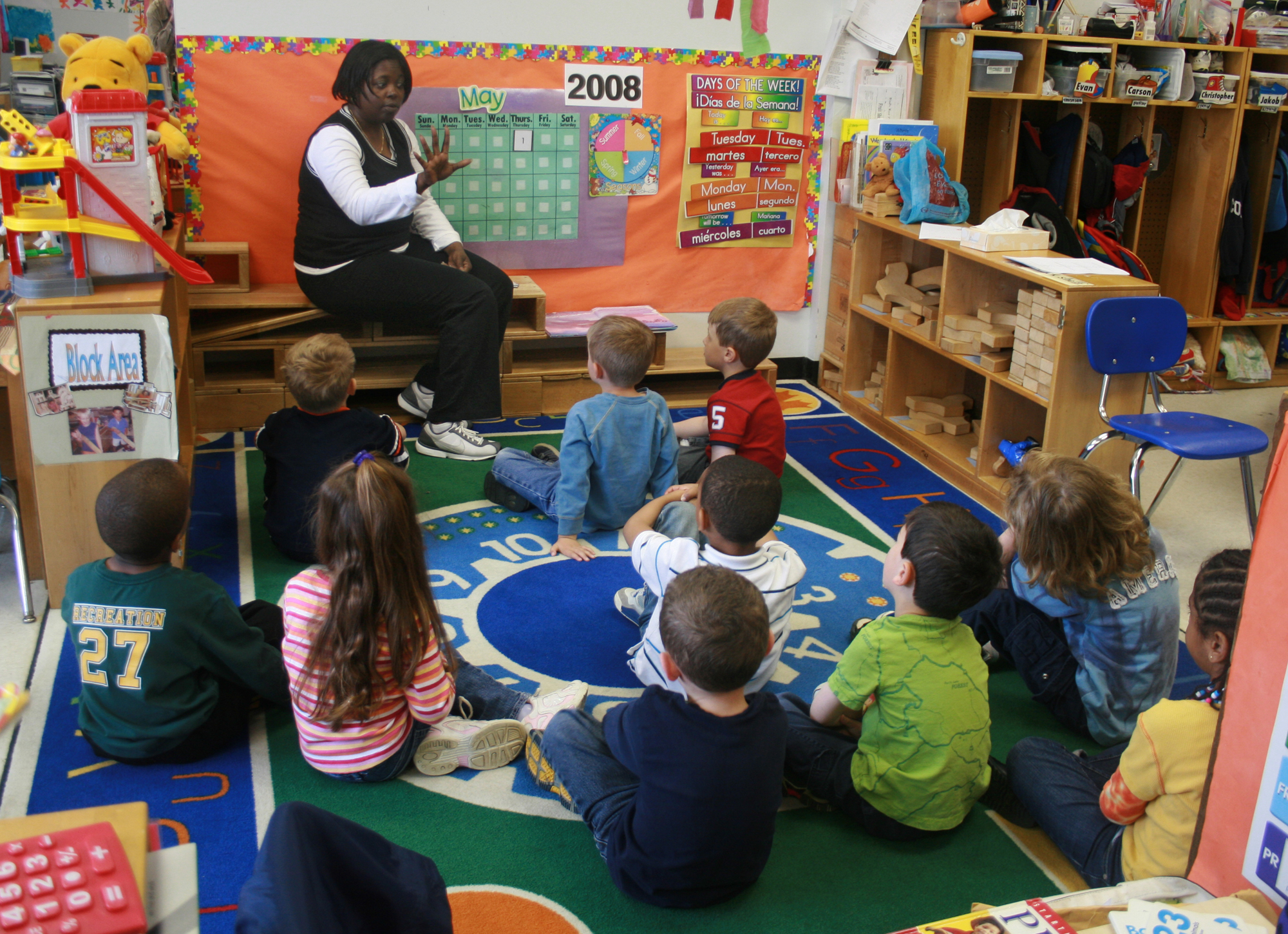Sign up with the Motion to Save Temecula Schools: Community Activity Needed!
Wiki Article
Comprehending the Importance of Schools in Kid Advancement and Neighborhood Development
Colleges' involvement with neighborhood neighborhoods with service-learning efforts strengthens the bond between households and educational establishments. This cooperative relationship emphasizes the relevance of schools in supporting active citizenship and lifelong learning routines.Academic Achievement
Academic achievement functions as a cornerstone of child development, providing the foundation whereupon future learning and success are constructed. Institutions play a crucial function in fostering this scholastic growth, supplying structured atmospheres where children can get crucial expertise and cognitive abilities. Standard curricula ensure that students gain proficiency in core topics such as maths, science, and language arts, which are vital for both higher education and specialist possibilities.In enhancement to presenting essential scholastic abilities, schools additionally cultivate vital reasoning, analytic abilities, and intellectual curiosity. These cognitive proficiencies are crucial for navigating complicated real-world situations and adapting to the ever-evolving demands of the modern-day workplace. Educators, as facilitators of understanding, utilize diverse pedagogical techniques to satisfy varied discovering designs, consequently maximizing specific pupil possibility.
In addition, scholastic success is closely connected to self-esteem and motivation. Children who experience scholastic accomplishments are more likely to create a favorable self-concept and a long-lasting passion for understanding. Schools likewise provide various resources, such as libraries and modern technology, which even more enhance the academic experience and prepare pupils for a technologically sophisticated culture.
Social Ability Growth
Beyond scholastic success, the function of schools in social ability growth is important. Schools offer as a key place for children to learn and exercise essential social skills such as dispute, communication, and teamwork resolution. In the structured atmosphere of a class, pupils connect with peers, teachers, and other institution staff, supplying numerous opportunities to create these crucial capabilities.Effective social ability advancement in colleges is assisted in with team activities, joint projects, and extracurricular programs. These interactions help students understand social norms, build compassion, and cultivate a feeling of community. Group assignments show students exactly how to work with each other towards a common goal, pay attention to various point of views, and browse arguments constructively.

The farming of social skills during college years lays a foundation for future individual and expert relationships. Save Temecula Schools. As trainees develop, the capability to efficiently interact and collaborate becomes progressively crucial, emphasizing the institution's vital role in alternative kid development
Exposure to Variety
Exposure to variety in schools is essential to promoting an inclusive mindset and broadening pupils' viewpoints. Schools work as a microcosm of the wider society, and encountering diverse societies, languages, and socioeconomic backgrounds within this atmosphere furnishes pupils with crucial abilities for browsing a progressively globalized world. This direct exposure encourages compassion, lowers bias, and advertises mutual regard amongst peers.Varied classrooms additionally improve social and cognitive development. Study indicates that pupils who interact with peers from different backgrounds show much better problem-solving skills and creative thinking. They learn to appreciate different perspectives, which enriches class discussions and promotes an extra vibrant knowing experience. Additionally, this understanding of variety prepares trainees for future offices that value multicultural capability.

Community Interaction
The advantages of diverse class extend beyond the institution walls, cultivating a solid sense of area engagement among trainees. By communicating with peers from various social, socioeconomic, and ethnic backgrounds, trainees obtain a wider point of official website view and an appreciation for variety. This exposure encourages them to end up being active residents who are eager to add positively to their communities.Institutions that emphasize community involvement often include service-learning tasks, which enable pupils to attend to real-world troubles while applying scholastic abilities. These jobs not just enhance pupils' understanding of their coursework however additionally impart a sense of responsibility and compassion. Partnerships between schools and neighborhood organizations give trainees with chances to participate in neighborhood occasions, additionally solidifying their function as positive area members - Save Temecula Schools.
Furthermore, parental and area participation in institutions strengthens the bond between educational establishments and the areas they offer. When institutions open their doors to area events, workshops, and volunteer opportunities, they develop a collective setting that benefits all stakeholders. This common support group makes sure that trainees get holistic development, preparing them to become well-shaped people that add and value to their areas. Via these initiatives, institutions play an essential duty in nurturing neighborhood involvement and promoting social development.
Lifelong Understanding Habits
Establishing lifelong understanding routines is important for a child's continual development and adaptability in an ever-changing globe. Schools play an essential function in instilling these habits by developing an atmosphere that promotes interest, essential thinking, and a love for knowledge. With extracurricular tasks and varied educational programs, instructors urge trainees to discover various subjects, analyze details critically, and use their discovering to real-world circumstances.
In addition, institutions provide a structured environment where kids can create self-discipline and time administration skills, both of which are critical for constant discovering. By highlighting the value of establishing objectives, reflecting on progression, and adjusting techniques, educational institutions prepare students to navigate the intricacies of grown-up life, guaranteeing they continue to be long-lasting students and contributors to society.
Conclusion
In conclusion, schools are essential in promoting kid advancement and community growth by giving environments helpful to academic accomplishment, social skill growth, and direct exposure to diversity. Ultimately, click now schools cultivate long-lasting understanding behaviors, outfitting people with the needed knowledge and skills to contribute favorably to society.In the organized environment of a class, pupils communicate with peers, teachers, and other college staff, supplying many possibilities to develop these critical capacities.
In essence, exposure to variety within colleges not only enriches individual trainees yet additionally enhances the social textile of the community as a whole.
The benefits of varied classrooms expand past the college walls, fostering a strong sense Homepage of area involvement among pupils.Colleges that emphasize neighborhood interaction often include service-learning jobs, which allow students to resolve real-world troubles while applying academic skills. Partnerships between colleges and neighborhood companies supply pupils with opportunities to take part in neighborhood occasions, even more solidifying their duty as aggressive neighborhood participants.
Report this wiki page